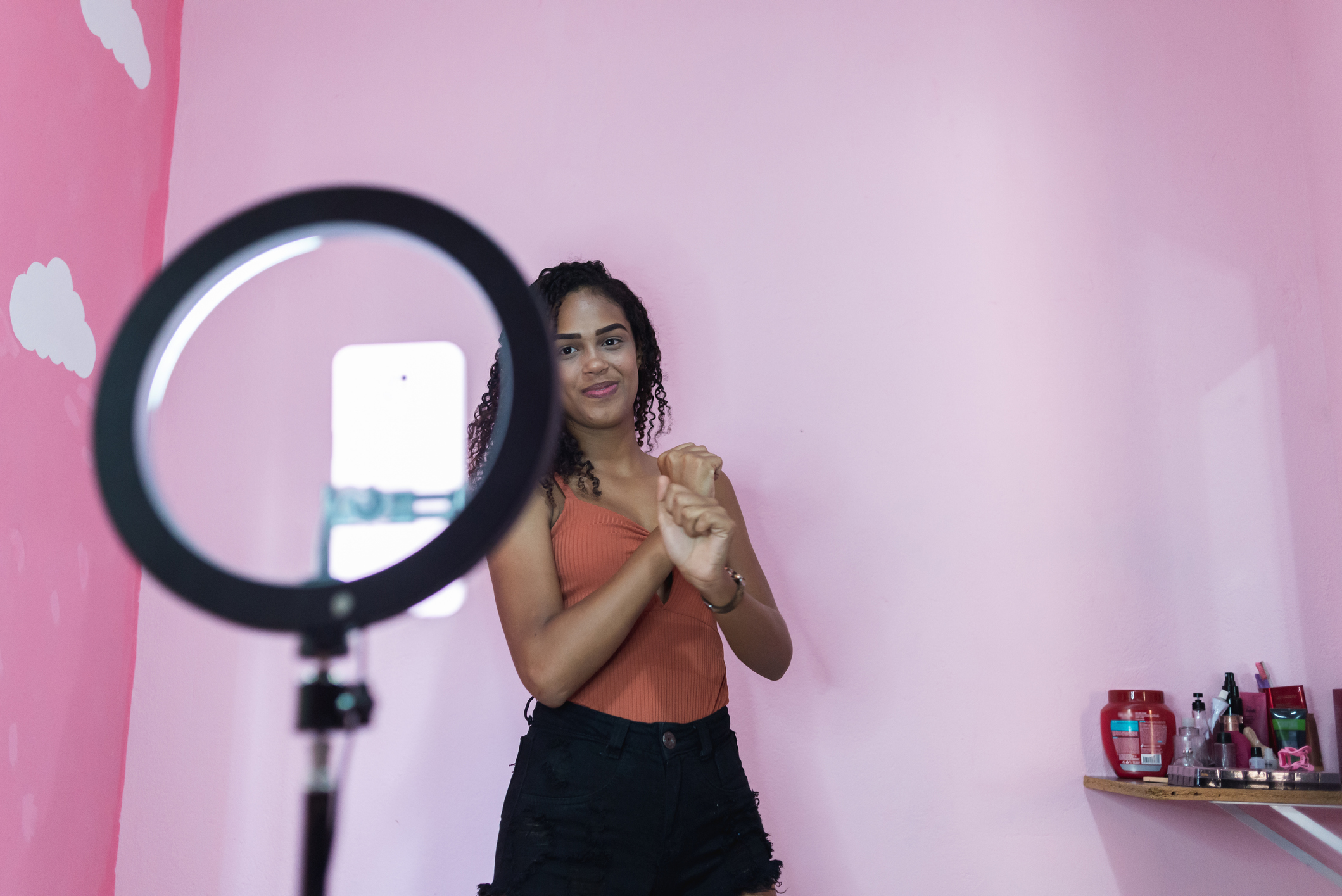Products You May Like
Within the ongoing debate surrounding TikTok’s future in the USA, lawmakers are pushing ahead with a possible ban on the app except important modifications are made. The Home of Representatives not too long ago handed a invoice proposing that TikTok’s Chinese language guardian firm, ByteDance, should divest its possession within the app inside an prolonged interval—as much as a 12 months with a doable 90-day extension. This adjustment comes as a response to issues from Senator Maria Cantwell (D-Wash.), emphasizing the necessity for a extra real looking timeline for divestiture to make sure a clean transition to new possession.
The push for a ban is a component of a bigger legislative package deal that features emergency support for Ukraine and Israel, reflecting the gravity and complexity of the choice. The Home is about to vote on this revised invoice on Saturday. If authorized, it should proceed to the Senate, with President Biden indicating his willingness to signal it into regulation.
The problem has sparked intense reactions from numerous quarters. TikTok criticized the transfer as a risk to free speech, highlighting the impression a ban might have on 170 million American customers and the potential financial fallout affecting 7 million companies that depend on the platform. The corporate’s assertion identified the strategic use of overseas support laws to push by the TikTok ban, underscoring their objection to the legislative technique.
Regardless of TikTok’s assurances of information safety and independence from Chinese language authorities affect, bipartisan issues persist in Congress in regards to the potential nationwide safety dangers. These embrace fears of information entry by the Chinese language authorities and the promotion of propaganda. The proposal for a ban isn’t with out precedent however faces authorized challenges, as seen throughout makes an attempt beneath the Trump administration, which had been blocked on First Modification grounds.
TikTok’s CEO, Shou Zi Chew, stays defiant, promising to proceed advocating for the platform and inspiring U.S. customers to defend their constitutional rights. Because the laws progresses, the controversy over TikTok’s future not solely raises questions on knowledge privateness and nationwide safety but additionally about worldwide enterprise dynamics and free speech rights within the digital age.

GIPHY App Key not set. Please check settings